Difference Between Forward and FuturesIntroductionThe conditions of a forward contract are those that the buyer and seller have separately negotiated. In this contract, two parties agree to trade the fundamental asset at a specified price in the future. A forward contract is not the same as a futures contract, even though it is regulated. Buying or selling the fundamental financial object at a specific price and time in the future is agreed upon in a futures contract. 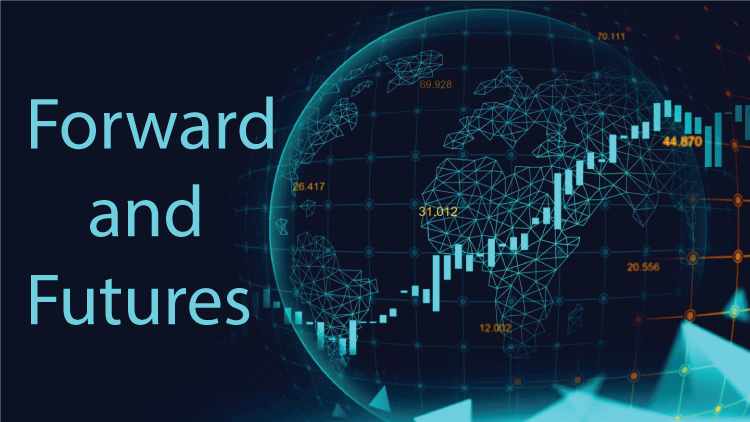
A futures contract is traded on an exchange, as opposed to a forward contract, which is exchanged OTC, or over the counter, between two financial organizations or a financial institution and a client. People frequently misunderstand both contracts since the asset is delivered at a defined future period in each of them. Nevertheless, if you delve a little further, you will discover that these two contracts differ on several points. We have included all the information you need in this article to help you comprehend the differences between forward and futures contracts. Forward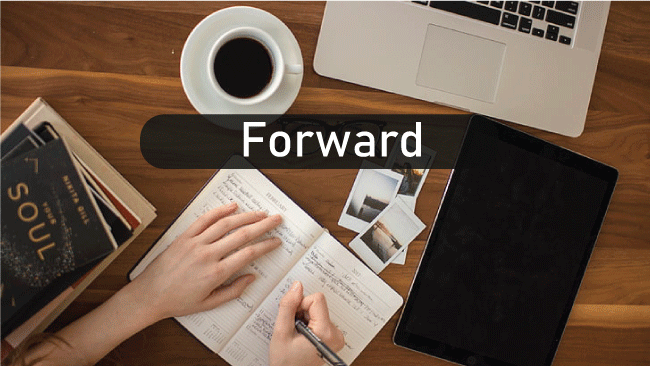
A confidential arrangement to exchange the underlying asset for cash at a specified future date and price is known as a forward contract. The actual asset transfer in return for money on the settlement date constitutes the execution of the contract. Under the forward contract, the quality, quantity, rate, and asset are all fixed. Such contracts are exchanged in Over the counter (OTC) market, a decentralized marketplace where the contract's terms can be adjusted to suit the interests of the parties involved. A forward contract defines the buyer as the long party, who is anticipated to hold a long position, and the seller as the short party, who has a short position. When the value of the underlying item increases and surpasses the agreed-upon price, the buyer is profitable. But, if prices decline and are below the agreed-upon price, the seller is still profitable. Futures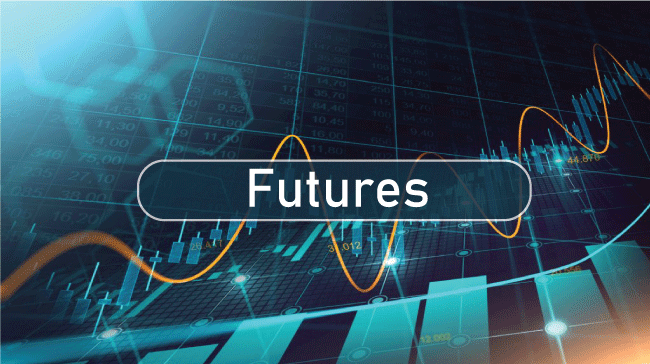
A future contract is a legally enforceable agreement that is completed in the future. Two parties resolve to exchange an item at an agreed-upon price and a future date that is defined for delivery and payment. This is an exchange-traded contract of the standardized kind. The item's amount, date, and delivery are all standardized in a future contract. The buyer and seller have a stake in this contract: the buyer is long, and the seller is short. Since the contracts are traded on the recognized exchange, it functions as a middleman and a facilitator between the buyer and the seller. The exchange requires both parties to pay an up-front cost called a margin. The future contract's distinctive feature is its marking to a market where prices are volatile. As a result, the price differences between contracts are settled every day. Moreover, the futures are split into two major groups, which are as follows: Commodity Futures: 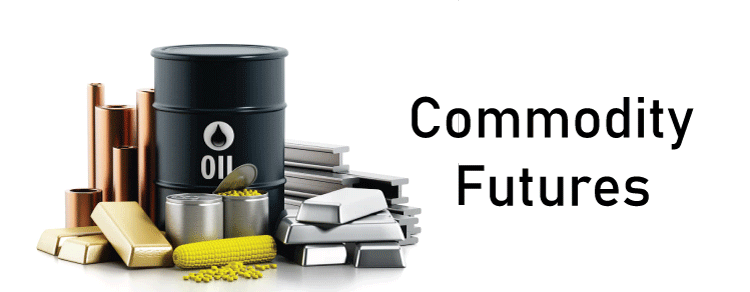
Futures contracts with commodities as their subject matter, including coffee, sugar, gold, aluminum, etc. Financial futures: 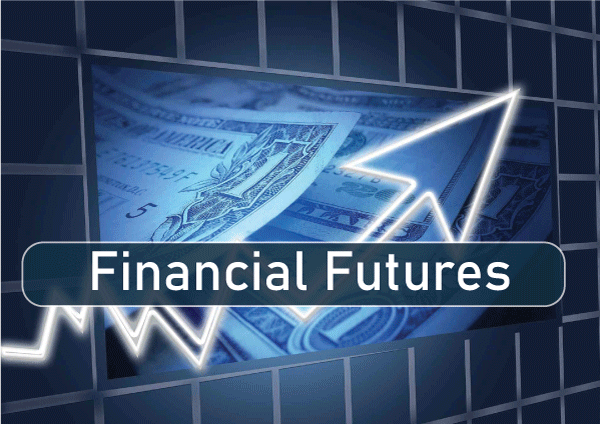
A contract dealing with financial products such as cash, treasury bills, etc. Forward V/S Futures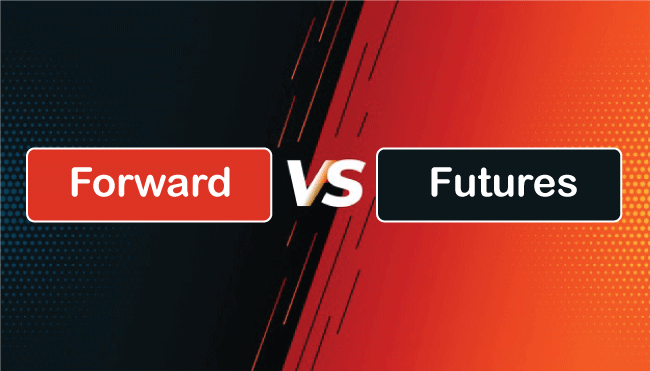
ConclusionAccording to the explanation above, it can be concluded that there are several differences between these two contracts. Comparatively, a forward contract has a greater credit risk than a futures contract. Forward contracts may be used for both hedging and speculating; however, hedging is ideal because the contract is customized. On the other side, futures contracts are appropriate for speculating. Forward and Futures: Commonly Asked QuestionsQuestion 1: What are the primary distinctions between futures and forwards? Answer: A forward contract is an exclusive, customizable contract that settles at its end and is exchanged over the counter (OTC). A futures contract has defined characteristics and is traded on a market where prices are settled each day until the contract expiry. Question 2: What circumstances make futures and forwards the same? Answer: With two key exceptions, futures, and forward contracts are identical. Futures can be bought or sold anytime since they are settled daily (rather than at maturity). Typically, futures are exchanged on a regulated exchange. Question 3: Which type of trading is more straightforward, futures or forwards? Answer: Transparency in Prices and Liquidity On the exchange, purchasing and selling futures is simple. Finding a counterparty over the counter to trade in non-standard forward contracts is more complicated. Futures contracts often have higher liquidity than OTC derivatives since exchange-traded transactions are more common. Question 4: Can I sell my futures before they expire? Answer: If the market improves before the end of your contract period and you can sell your index futures contract for a higher price later, you might decide to do so. Question 5: What occurs on the F&O expiry date? Answer: The settlement of F&O contracts is the expiry date. Thus, there is a lot of volatility in the stock market. The stock market may turn bearish or bullish depending on the type of derivatives contract settled on the expiration date. Question 6: What is the price of futures and forwards? Answer: The price change of a forward contract at the date is equal to the contract's price, reduced by the amount of time left before the settlement date. Contracts for futures are marked to market. A futures contract has value once it has been marked to market. Forward prices equal futures prices if interest rates are predictable.
Next TopicDifference Between
|
 For Videos Join Our Youtube Channel: Join Now
For Videos Join Our Youtube Channel: Join Now
Feedback
- Send your Feedback to [email protected]
Help Others, Please Share










